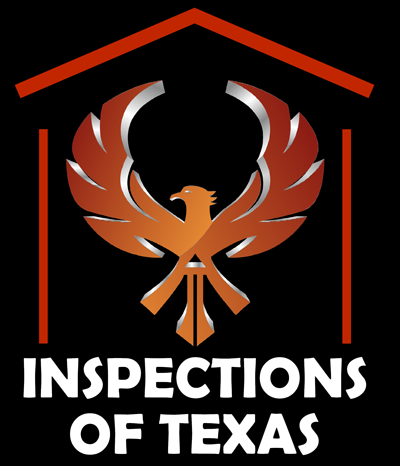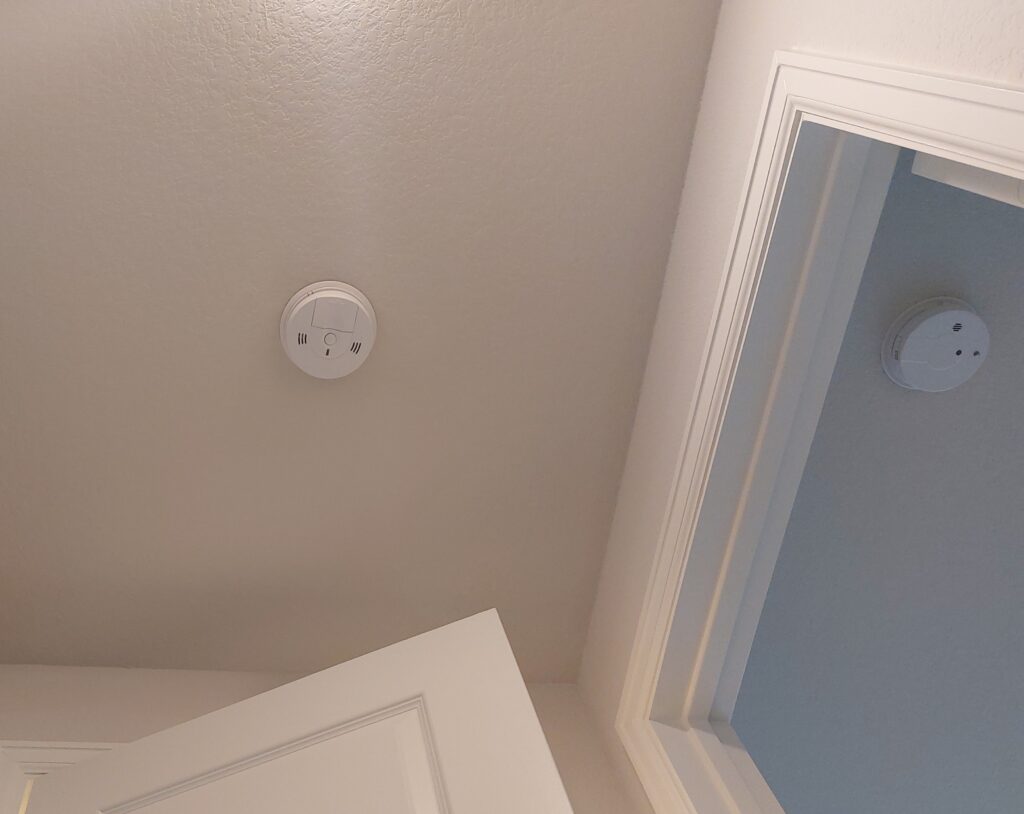Heating your home uses more energy and costs more money than any other system in winter – about 29% of your utility bill. The whole-house approach to heating is the most efficient as opposed to heating individual rooms. Modern systems can achieve 98.5% efficiency. To help them be that efficient, there are several things you can do. These tips work no matter what type of HVAC (Heating, Ventilation, and Air Conditioning) unit you own.
1. Professional Tip
Having a licensed professional HVAC technician clean your system each year before winter improves that unit’s efficiency. Clogged lines and filters make a system work harder. They should check the heat exchanger, vents, and the flame on the gas for indicators of problems and make repairs accordingly. The technician should also inspect the ductwork to make sure it is sealed properly and not pinched anywhere. October and November are good times for annual maintenance in the Houston area – before the heater is needed.
2. Residential Tips
Make sure the vents are not covered by furniture or drapes where it would block your warm air. Ensure your windows and doors are sealed inside and out to prevent drafts. If your windows are single panes, consider replacing them or adding Plexiglas inserts to improve energy efficiency. To take advantage of the sun’s heat, open blinds during the day and close them at night.
3. Mechanical Tips
Replace dirty air filters monthly. Clean your ceiling, wall, or floor vent covers. Program your thermostat as low as is comfortable in the winter and lower it when you are sleeping or away from home.
4. Safety Tip
Gas heaters (and attached garages) require a carbon monoxide detector/alarm on every level of your home and in the immediate vicinity of each bedroom. Make sure you have them and that they are in good condition. Carbon monoxide alarms generally last about 7 years and combination smoke and carbon units last between 5 to 7 years.
Gas and electric HVAC systems have a life expectancy around 15-20 years. The better the system is maintained, the longer it will last and the more it will operate at peak performance. By combining proper equipment maintenance with recommended air sealing and thermostat settings, you can save approximately 30% on your energy bill.

